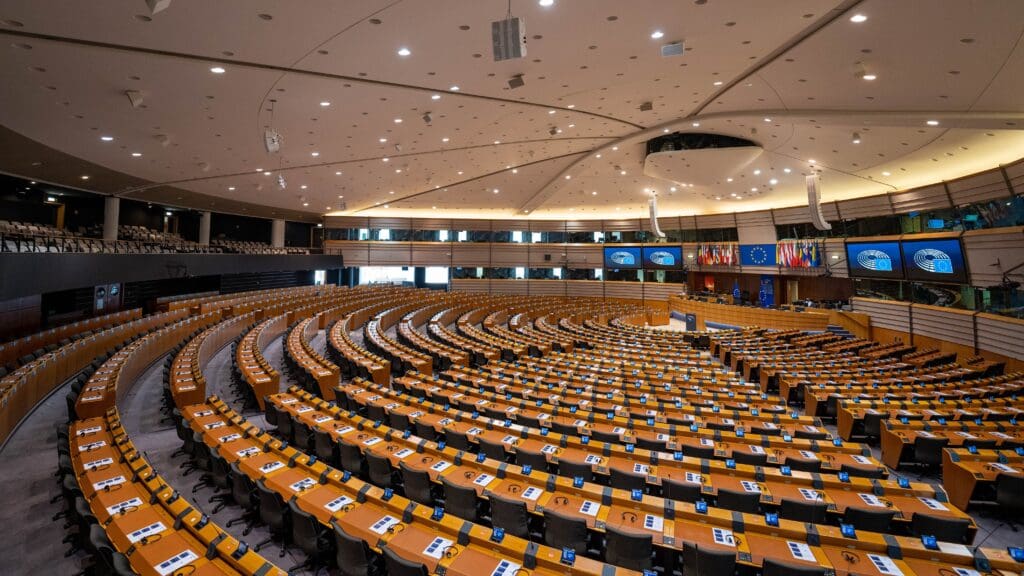
The European Parliament’s new campaign proposal would not only end the foreign affairs veto by amending the EU treaties but would also give the EU more power in the area of the rule of law and migration. As part of that overreach attempt, it would also suspend Hungary’s right to hold the EU presidency.

According to the calculations of a study commissioned by two EP groups and those of the Hungarian Makronóm Institute show that the European Union’s energy policy is fundamentally flawed, and that the targets set, namely a significant reduction in carbon dioxide emissions, can only be achieved by actively involving nuclear power plants.
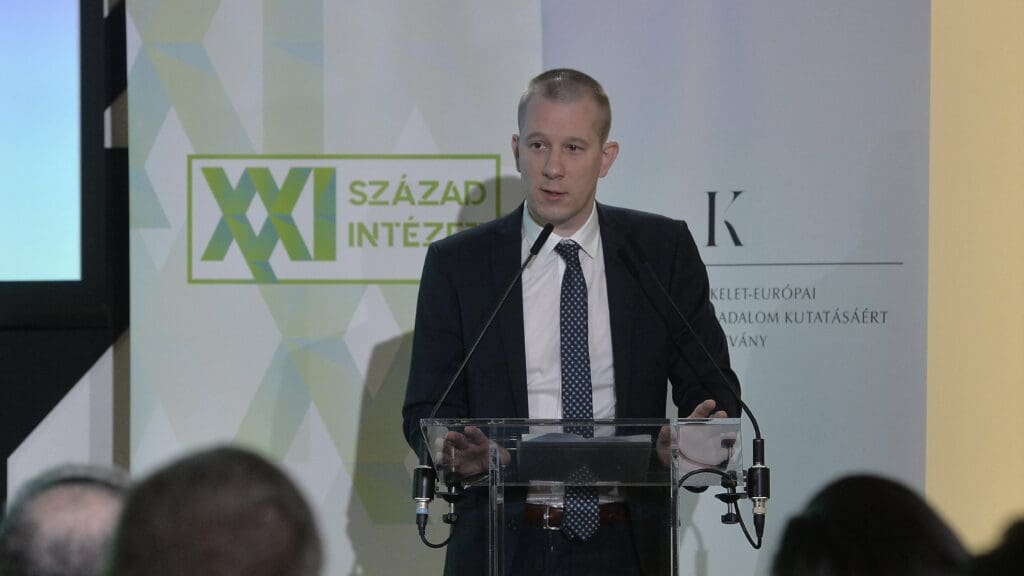
The Tranzit Festival in Tihany begins today. Beside Prime Minister Viktor Orbán, opposition politicians will also participate in the event. Márton Békés, chief editor of the organising Kommentár magazine, spoke with Mandiner about what to expect at the conservative intellectual gathering, the culture war, and more.
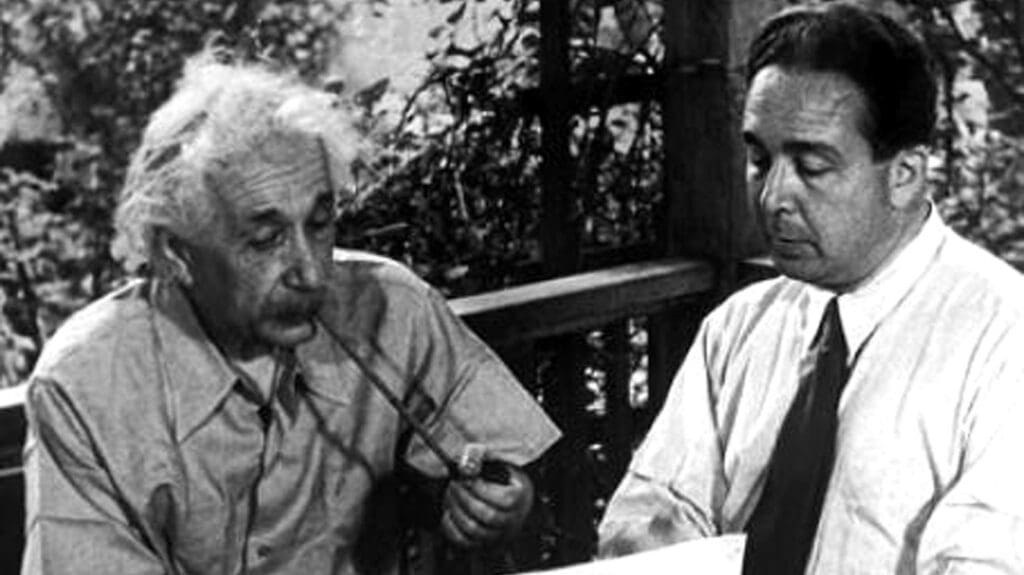
81 years ago, on 2 August 1939, Albert Einstein signed a letter from Hungarian-born physicists Leo Szilard, Eugene Wigner, and Edward Teller to US President Franklin D. Roosevelt, in which they warned him that Germany’s development of an atomic bomb may be a theoretical possibility in the near future. This letter, then, led to the launch of the Manhattan Project.
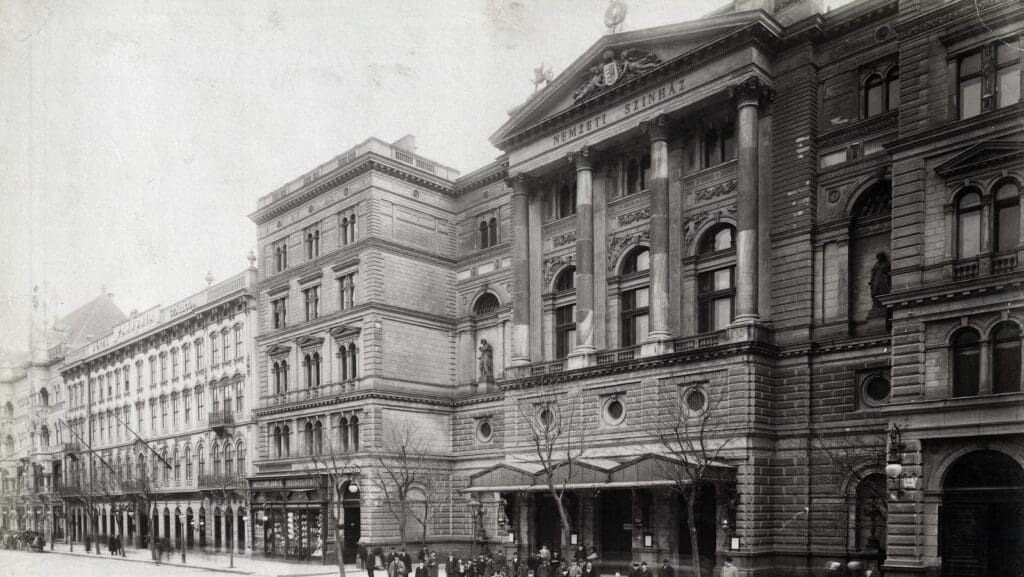
In August 1837, Pest’s first permanent, Hungarian-language theatre opened at the Astoria, with the performance of Hungarian poet Mihály Vörösmarty’s drama Árpád ébredése (The Awakening of Árpád)—this was the first period of the Pesti Magyar Theatre, which later became the National Theatre.
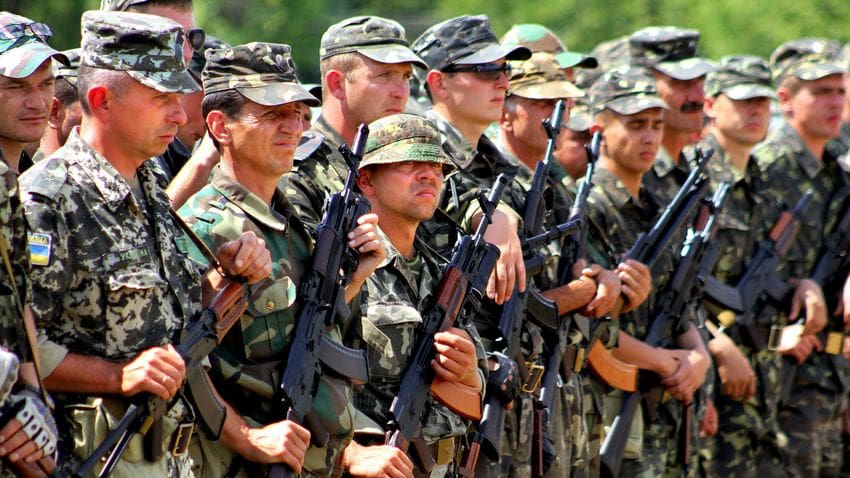
The Transcarpathian-Hungarian mathematician left the teacher’s pulpit behind to volunteer for the Ukrainian military.
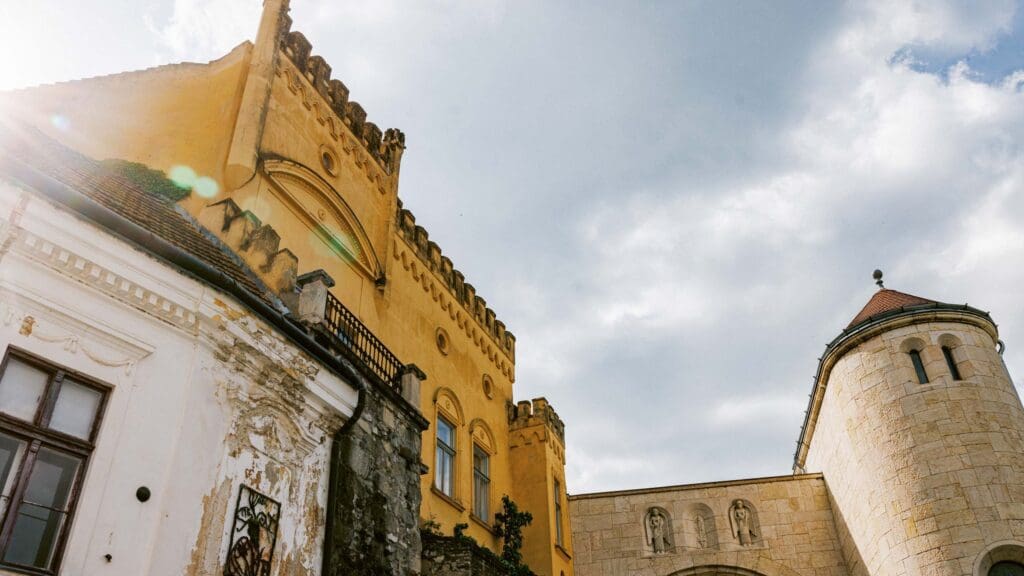
‘Veszprém is clearly looking for its place. However, it is close to Budapest, Vienna, Győr, and Lake Balaton, the landscape is also beautiful and its location and millennia of tradition all predestine it to be a cultural capital and a gastronomic centre. It has all the necessary ingredients.’

It seems that the majority of MEPs are aware of the legal and political limitations of the options for action outlined in the Meijers Committee’s analysis, but are committed to continuing to exert political pressure on Hungary and Poland in the coming months.

This new generation renewed Hungarian politics not only in the use of language but also in the nature of governance. It was open about its value choices and did not accept that politics was merely the dispassionate administration of affairs. After decades of humiliation, it wanted to once again raise the Hungarian nation to the heights that its thousand-year history destined it for.

Manna Forest Garden provides the family with vegetables, fruits, nuts, herbs, and spices, while it also benefits nature. Magyar Krónika asked Zsuzsi Mag, the owner and the leader of the project, about permaculture forest gardens in Hungary.
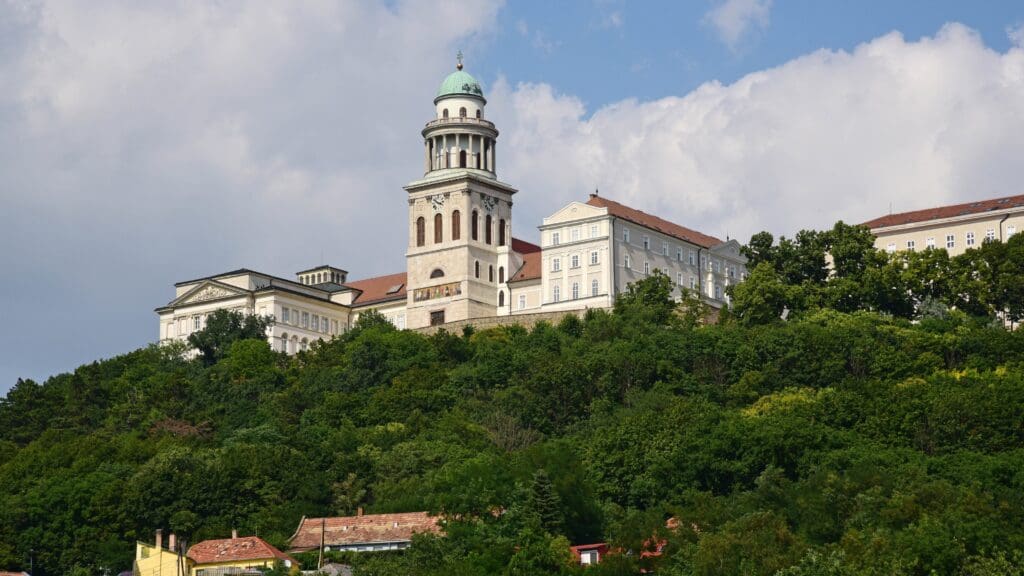
When Magyar Krónika asked their readers which building they thought was the most beautiful in Hungary, nine out of ten respondents said it was the Hungarian Parliament. However, it is not only in the capital where we can find impressive edifices—the journal has compiled a list of some of the most beautiful sites to visit in the countryside.

Since its inception, the left has seen the school as an important means of ‘enlightening’ people and creating a new world. The anti-school, anti-knowledge, and anti-teacher sentiments of former Chairman of the Communist Party of China Mao Zedong’s Cultural Revolution and of its Western importers, the ‘68ers have spread everywhere before our eyes over the last two decades.
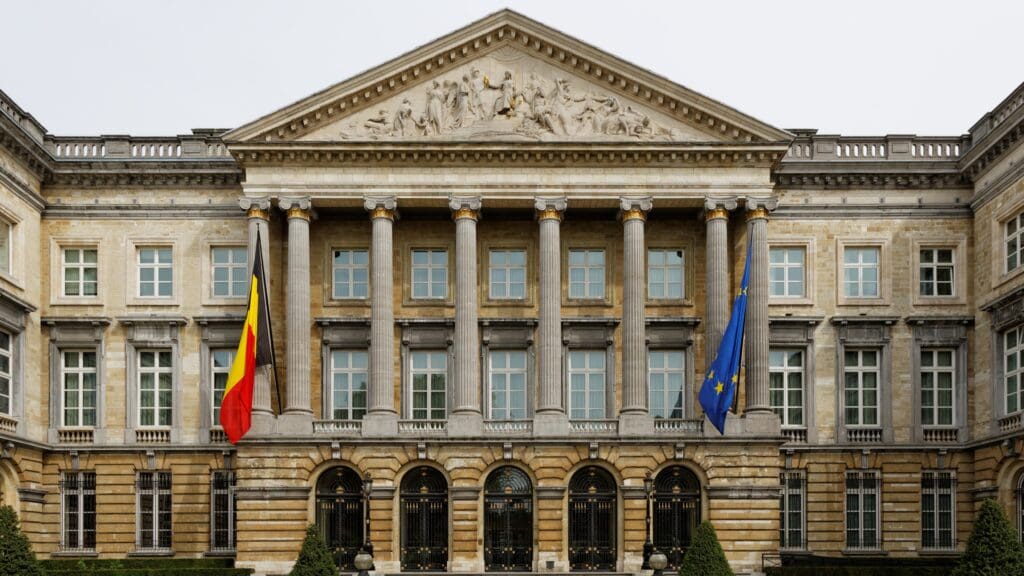
The sincerity of the concerns of Belgian politicians about Hungary’s Child Protection Act is cast into doubt by the fact that, according to statistics published by the Belgian police, forced marriages involving minors and illegal child marriages have been an unresolved problem for more than a decade in Belgium.

Given the country profile of Hungary, it is a refreshing achievement that it has moved up a league to Moderate Innovators, even though its performance is 70.4 per cent of the EU average, below the category average, and its performance growth is also slower than the EU average.

When it comes to political groups, we generally lean towards showing them the way out, says László Lukács. An interview with the founder and frontman of one of the most influential rock bands in Hungary called Tankcsapda, about faith, country, and his virtual life on social media.

The reputation of Hungarian football continues to soar: Szoboszlai could mean to Hungary what Messi means to Argentina or Modrić to Croatia.
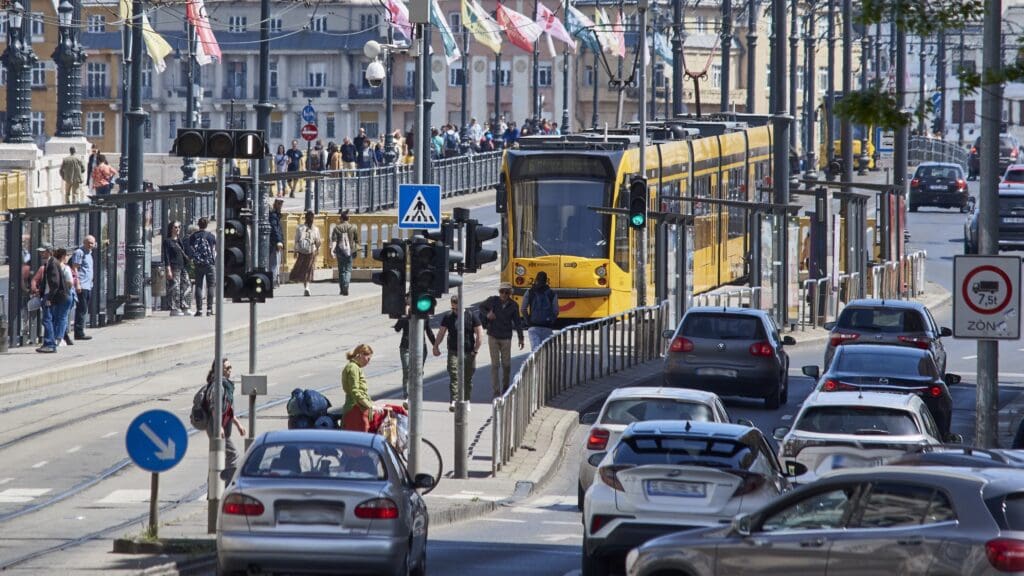
‘Today, in Europe, noise ranks second after air pollution in terms of environmental damage that causes death, and this cannot be taken seriously enough. Perhaps we underestimate the magnitude of this problem because it is not like a factory chimney blowing smoke, an oil slick floating on the surface of the water, or the garbage that covers our neighbourhoods. It is invisible.’

‘Places that present imported ideas instead of independent cultural achievements, fish and champagne from far away instead of their own produce, and have a tourist industry instead of hospitality, will inevitably fall behind.’

‘In contrast to other indicators, the Hungarian judiciary performs below the European Union average in terms of the perception of its independence. Based on this, we might state that the rule of law conditionality procedure launched against our country is justified. However, the validity of this argument is undermined by the fact that there are no criteria in this area either in which Hungary would not be ahead of several other Member States. For example, the Spanish, Slovak, Bulgarian, Polish, and Croatian public have a worse opinion of the independence of their country’s judiciary than the Hungarian.’
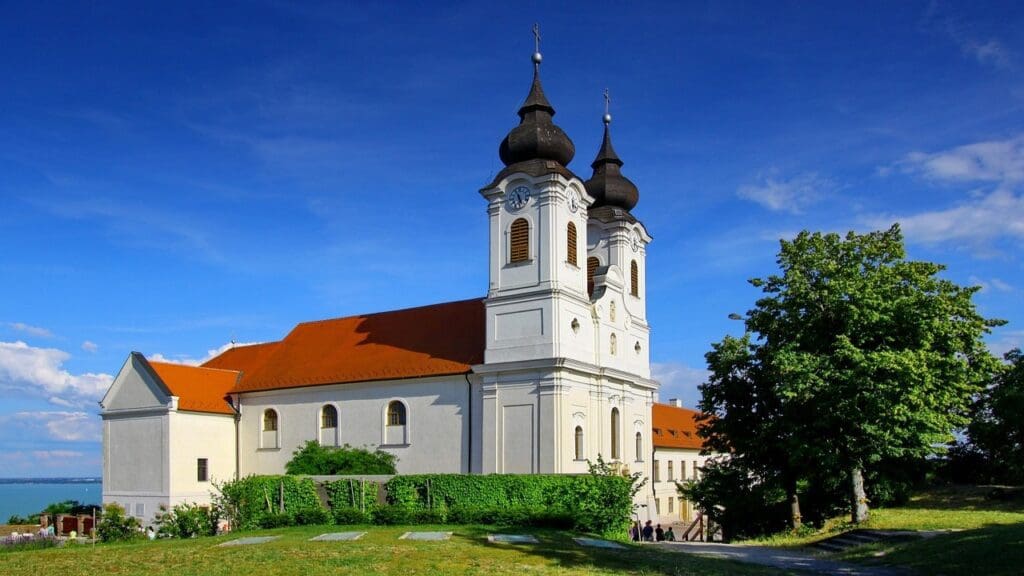
At the exhibition at the Benedictine Abbey Museum in Tihany, open until 31 August, visitors can not only see Hungary’s first surviving original written document from 1055, but also learn about the historical circumstances of the abbey’s founding and its former operation.

1,169 kilometres, fifty days, two twin brothers. Zoltán and László Tátrai completed the National Blue Trail of Hungary at a stretch, with two backpacks and tents, and with as little fuss as possible.

What does the lower reach of the River Garam mean to Hungarians? For some, it is just a region of the Uplands, for others, a beautiful, wide, flat, and fertile valley surrounded by hills, while many people do not even know where to look on the map when they hear its name. For ethnic Hungarian local historian Gábor Juhász, it represents his homeland, a place where his ancestors had lived for hundreds of years.
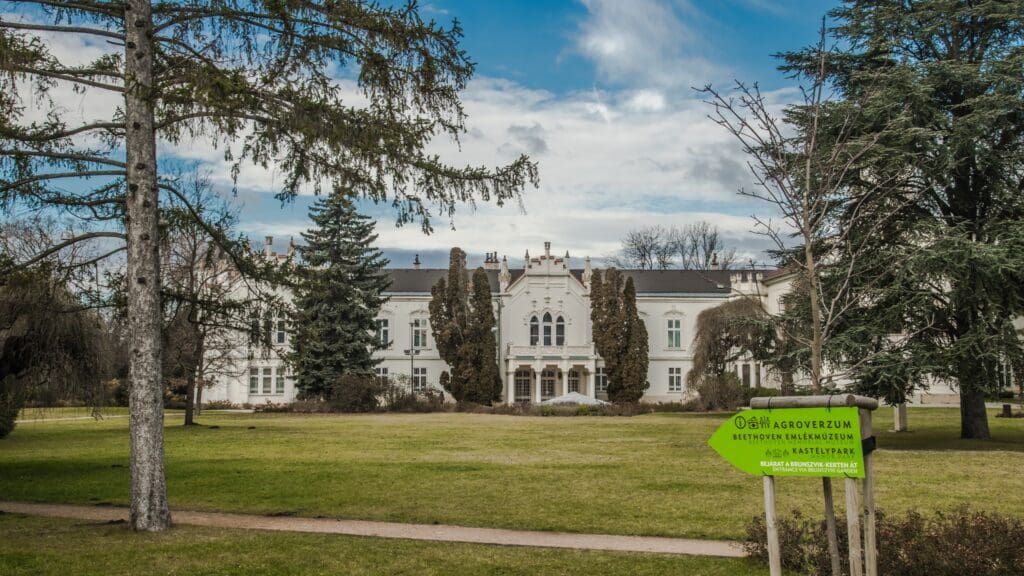
One of the most beautiful castles in Hungary is the snow-white Brunsvik Castle designed in neo-Gothic style in Martonvásár. The Brunsviks, a Hungarian aristocratic family, transformed a swampy and barren wasteland into an idyllic English garden here, where their friend Ludwig van Beethoven, one of the most admired composers in the history of Western music, often visited them.

After it was tragically blown up during World War II, the complete restoration of today’s Petőfi Bridge took more than seven years. It was handed over at last on 22 November 1952, and was named after renowned Hungarian poet Sándor Petőfi.

In this article you can find exciting details and photos of the visits of sitting and former US Presidents to Hungary, including that by Richard Nixon, the President who had experienced exceptional highs and lows in his career.
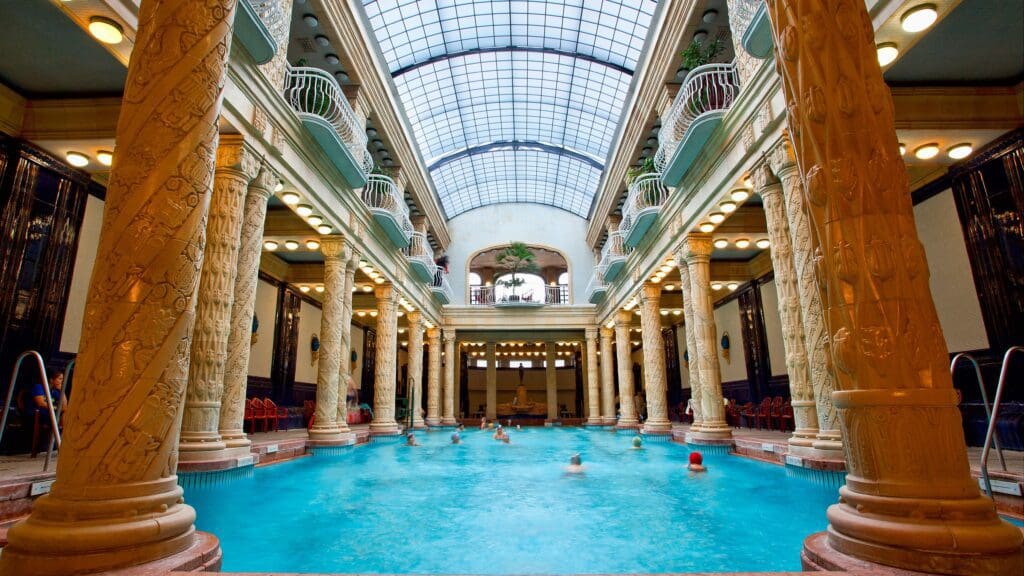
Thanks to the thermal springs of the capital, Budapest’s spa culture dates back several centuries. In our article, we have collected the historical thermal baths of Budapest, which are popular destinations for both Hungarians and foreigners.

The liberal faction of the Hungarian Psychiatric Association engaged in a power game against editor-in-chief at Psychiatria Hungarica Tamás Tényi, who wanted to publish an essay critical of gender theory written by a right-wing author. The piece was never published, and the chief editor resigned in protest.
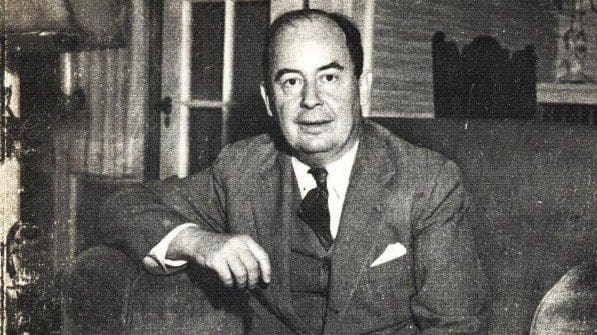
This year, the Hungarian academic community commemorates the hundred and twentieth anniversary of the birth of the second ‘Martian’ scientist, John von Neumann, with a variety of events, publications, and exhibitions.

In the past fourteen months, much has been said about peace and its importance. If we want peace around us, if we want peace in the world, and if we want to improve our common destiny, even just a little bit, then we have to play more with our children. I cannot imagine a more excellent medicine than that.
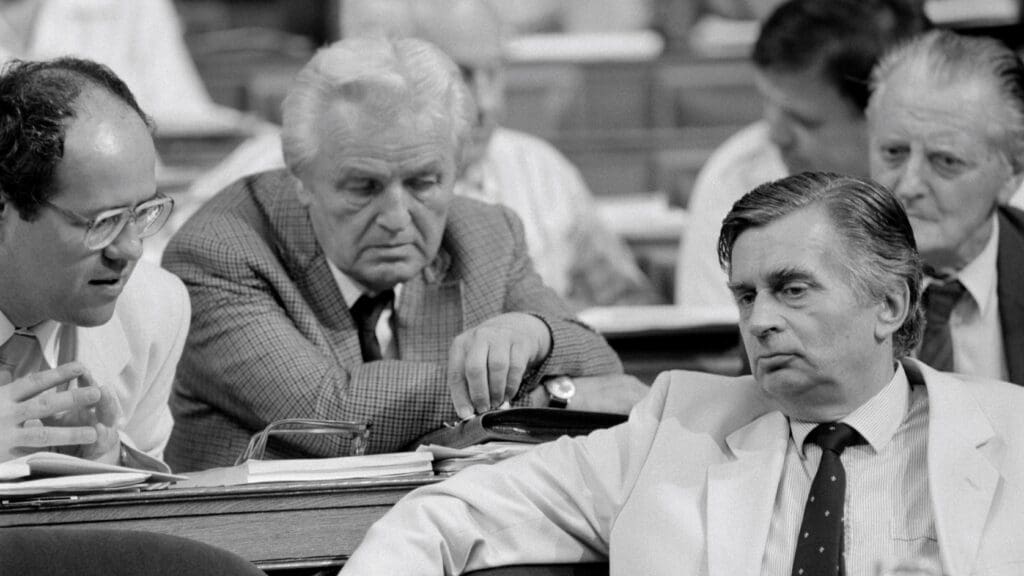
We celebrated the thirty-third anniversary of the formation of the freely elected Hungarian National Assembly on 2 May. The question is, however, whether we should still celebrate it, since the bitter memories of recent times have now thoroughly overshadowed the initial euphoria of the regime change.